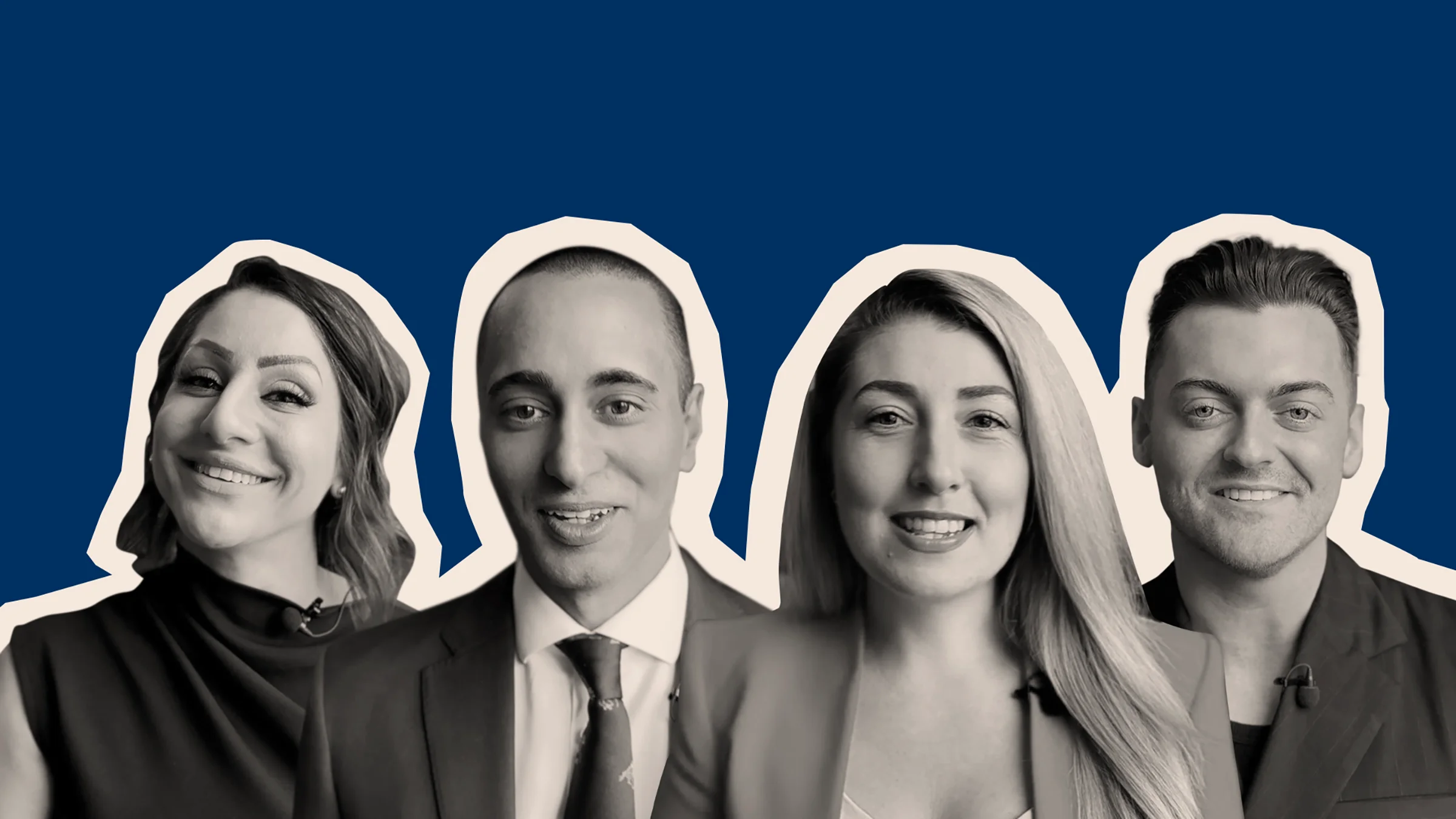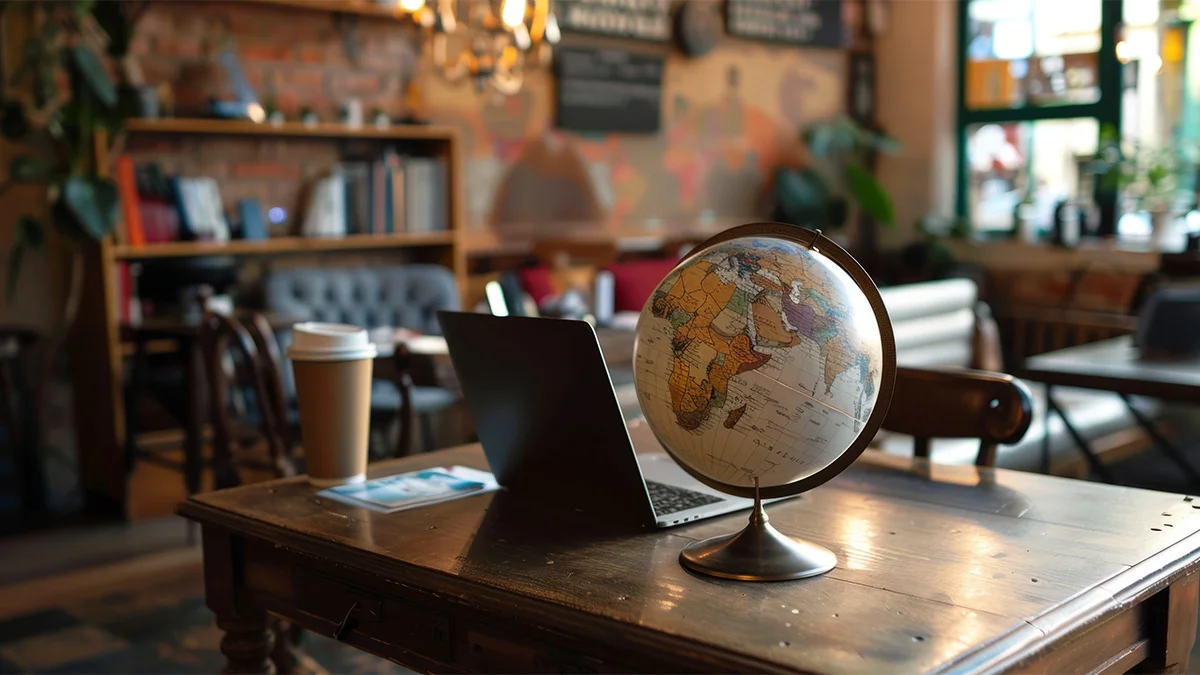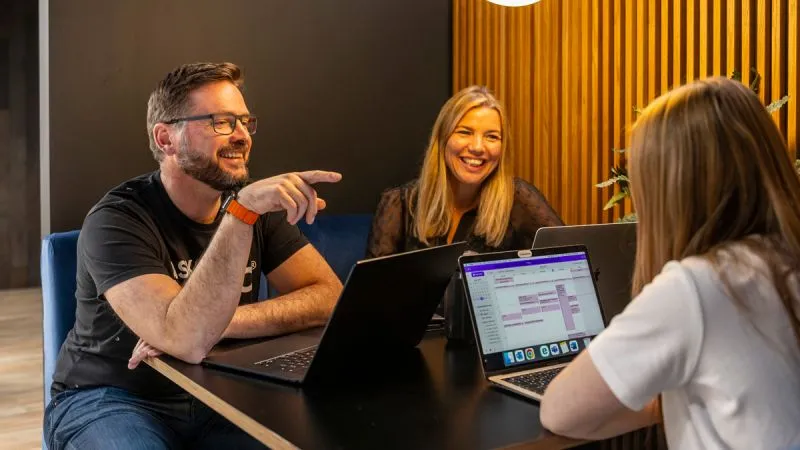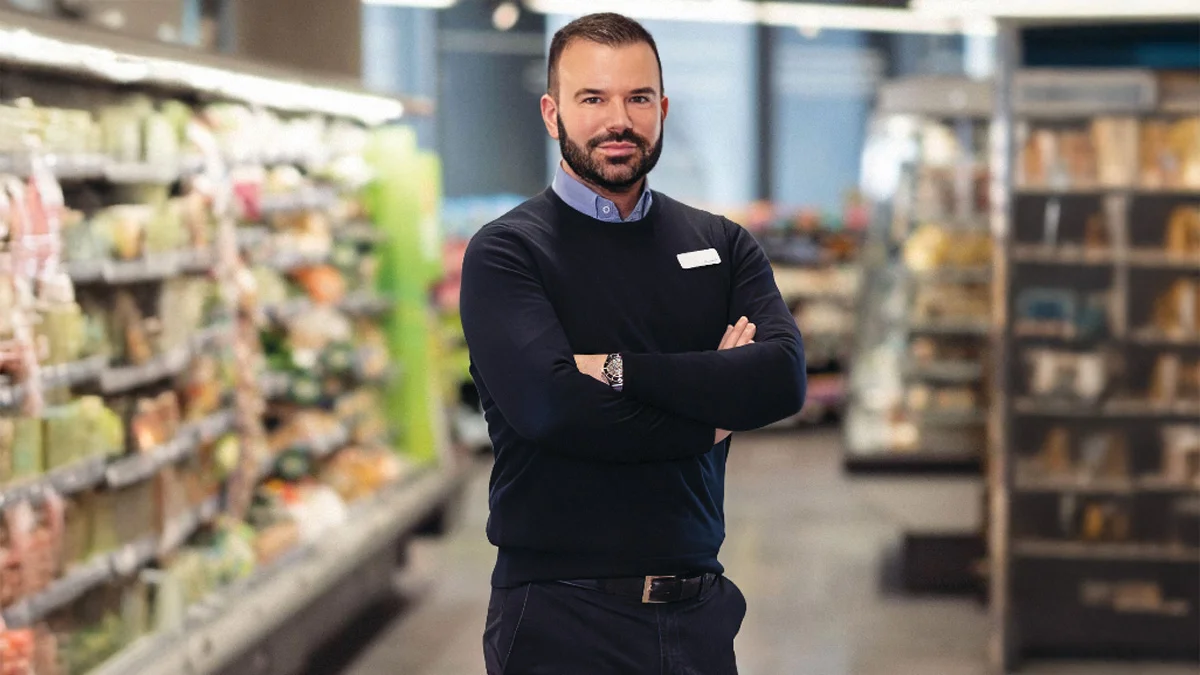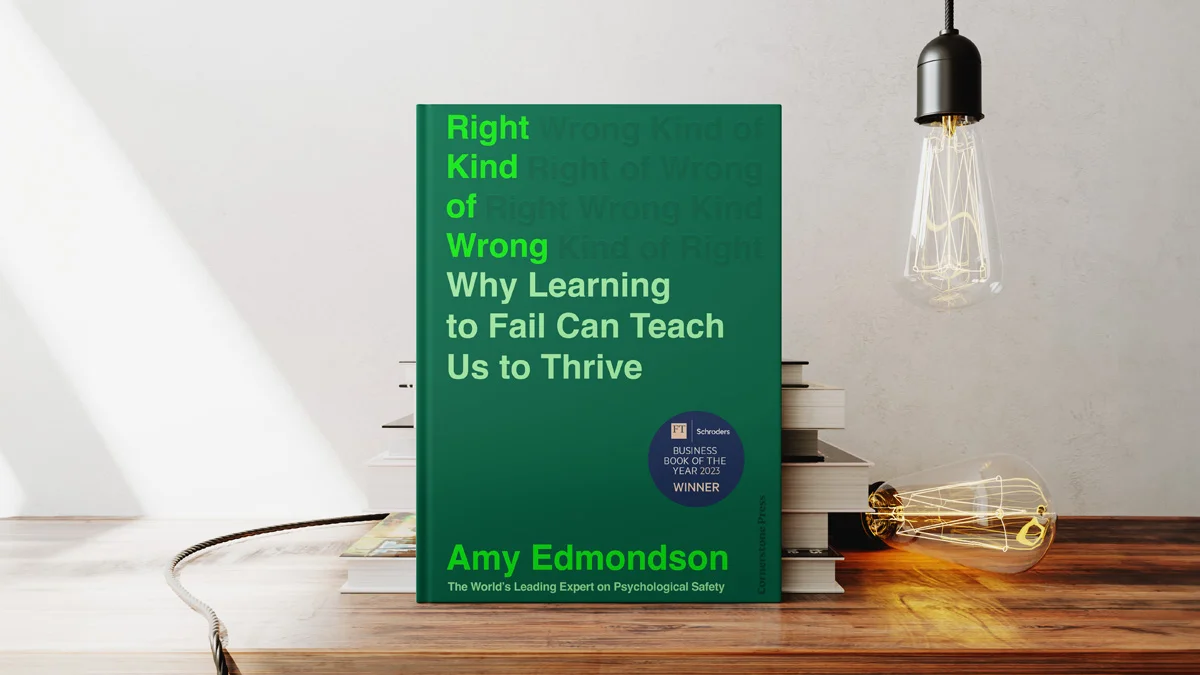
In this extract from her award-winning book Right Kind of Wrong, Harvard professor Amy Edmondson explains why we should not miss out on the satisfying journey of learning to dance with failure.
Every kind of failure brings opportunities for learning and improvement. To avoid squandering these opportunities, we need a mix of emotional, cognitive and interpersonal skills. I define failure as an outcome that deviates from desired results, whether that be failing to win a hoped-for gold medal, an oil tanker spilling thousands of tons of raw oil into the ocean instead of arriving safely in a harbour, a start-up that dives downward, or overcooking the fish meant for dinner. In short, failure is a lack of success.
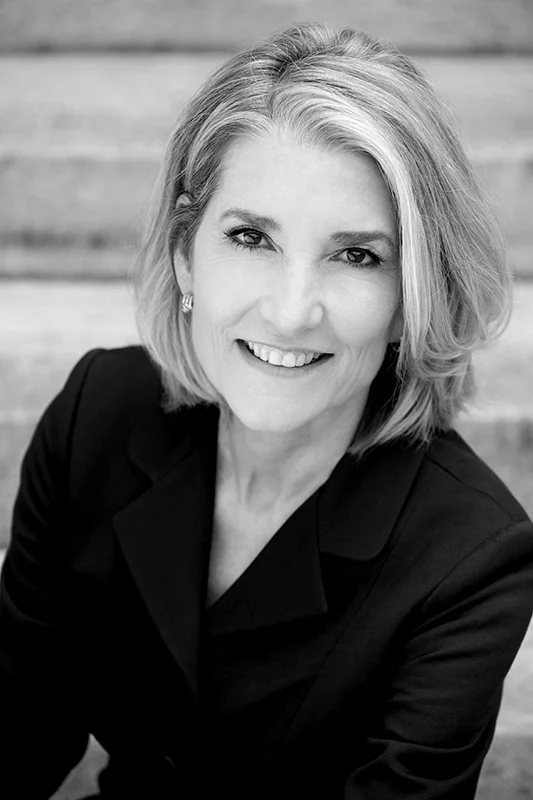
I define errors (synonymous with mistakes) as unintended deviations from prespecified standards, such as procedures, rules, or policies. Putting the cereal in the refrigerator and the milk in the cupboard is an error. A surgeon who operates on a patient’s left knee when the right knee was injured has made an error. The important thing about errors and mistakes is that they are unintended. Errors may have relatively minor consequences while other mistakes, such as the patient who received the wrong-site surgery, have serious repercussions.
Finally, violations occur when an individual intentionally deviates from the rules. If you deliberately pour flammable oil on a rag, light a match to it, and throw it into an open doorway, you are an arsonist and have violated the law. If you forget to properly store an oil-soaked rag and it spontaneously combusts, you have made a mistake.
All of these terms can be so emotionally loaded that we may be tempted to simply turn and flee. But in so doing, we miss out on the intellectually (and emotionally) satisfying journey of learning to dance with failure.
Maybe you are one of the many people who deep down believe that failure is bad. You’ve heard the new rhetoric about embracing failure but find it hard to take seriously in your day-to-day life. Maybe you also believe that learning from failure is pretty straightforward: reflect on what you did wrong (not trying hard enough in maths class, steering the boat too close to the rocks) and just do better next time, whether by studying more or ensuring that you have the latest maps for accurate navigation. This approach sees failure as shameful and largely the fault of the one who fails.
This belief is as widely held as it is misguided.
First, failure is not always bad. Today, I don’t doubt that my failure to find support for the simple research hypothesis that guided my first study was the best thing that ever happened to my research career. Of course, it didn’t feel that way in the moment. I felt embarrassed and afraid that my colleagues wouldn’t keep me on the research team. My thoughts spiralled out to what I would do next, after dropping out of graduate school. This unhelpful reaction points to why each of us must learn how to take a deep breath, think again, and hypothesise anew. That simple self-management task is part of the science of failing well.
Second, learning from failure is not nearly as easy as it sounds. Nonetheless, we can learn how to do it well. We need to accept ourselves as fallible human beings and take it from there.
Copyright © Amy Edmondson 2023. This is an abridged extract from Right Kind of Wrong: Why Learning to Fail Can Teach Us to Thrive, published by Cornerstone Press
Related and recommended
Contestants from The Apprentice reveal the fundamental business lessons they learned from taking part in the TV show
From global talent pools to AI-powered documentation, a work-from-anywhere model is a new way of thinking about productivity, innovation and teamwork
The story of how cycling brought Business Leader member John Readman together with his co-founder and investors
Stuart Machin’s hands-on leadership has revived M&S, tripling its share price and reshaping its future, by obsessing over the details, from shop floors to staff message boards


